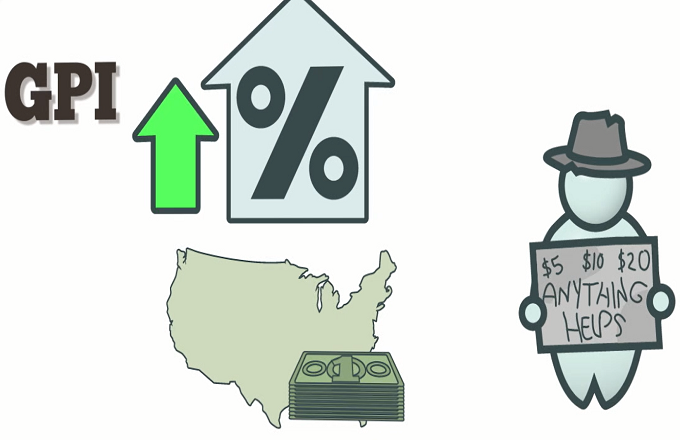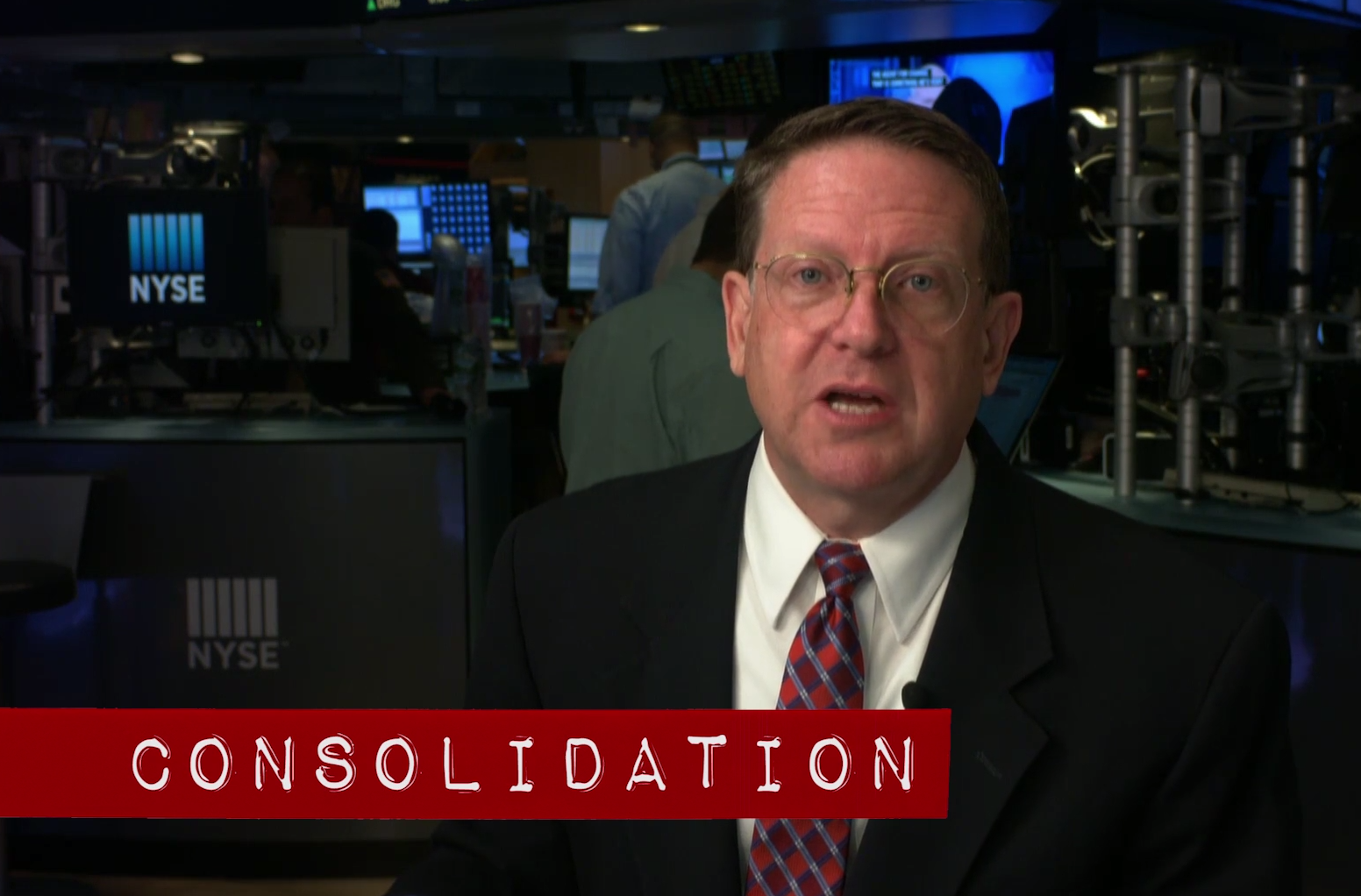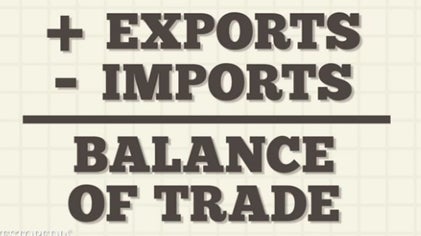Economic growth occurs when the market value of goods and services in an economy increases in one period compared to another.Typically, economic growth is measured by examining the Gross Domestic Product (GDP) of an economy, however, due to inflation, economists and analysts frequently prefer to measure economic growth by the annual percentage change in real GDP and annual percentage change in GDP per capita. Growth in real GDP measures how fast an economy is expanding, while growth in GDP per capita measures the ability of people to purchase goods and services in a country. This way, the effect of inflation is removed from calculating economic growth. There are a number of factors that affect economic growth. Productivity increases create economic growth by making products and services less expensive. When products and services are less expensive, demand for them increases, and thus economic activity increases as more consumers buy more goods and services. Demographic changes are another factor that affects economic growth. An increase in population means there are more consumers to buy goods and services. It also means there are more people to produce the goods and deliver the services. Changes in the age and gender of those in the workforce can also affect economic growth. Throughout history, changes in technology have generated the greatest increases in economic growth. The industrial revolution created one of the greatest economic growth periods in history. Machines replaced humans and animals as the means of production, and transportation became faster and less expensive. This allowed for an even greater expansion of trade and commerce among nations.





